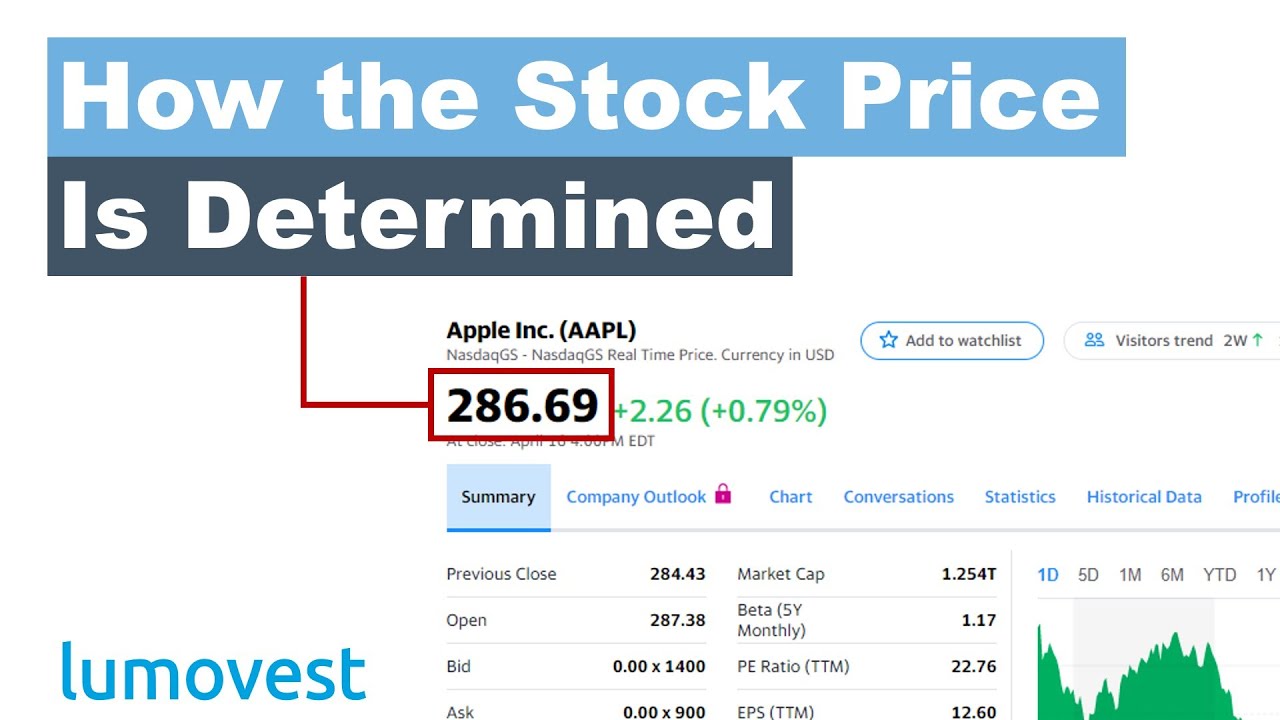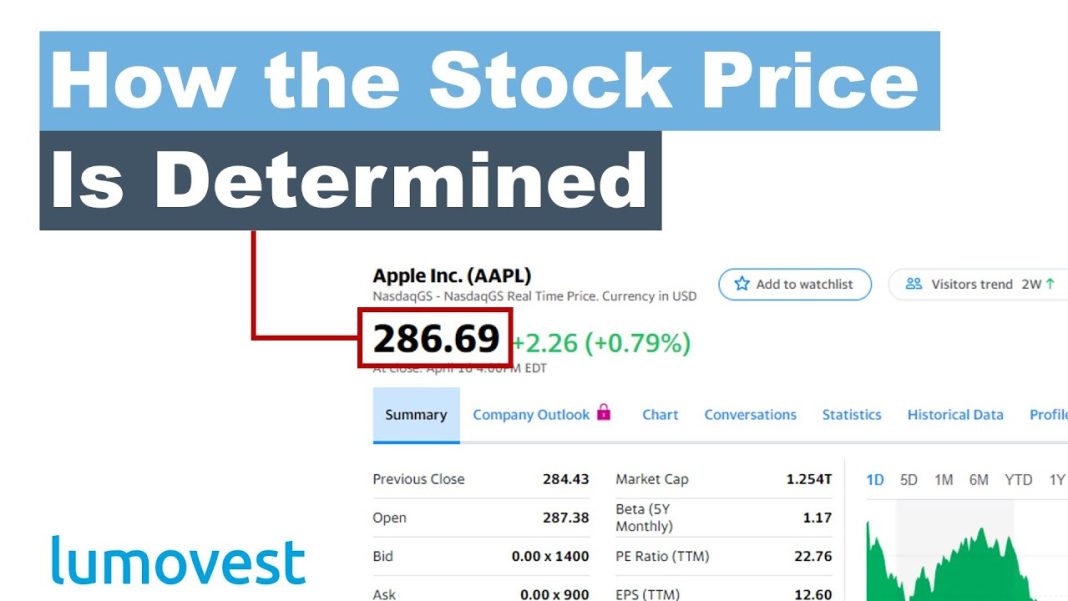 Salesforce, a leading cloud-based software company, experienced a significant drop in its stock price following its recent earnings report. The company’s revenues for the first quarter of fiscal year 2025 fell short of market expectations, causing the stock price to plummet nearly 20 percent in a single day. This decline wiped out over $52 billion from Salesforce’s valuation.
Salesforce, a leading cloud-based software company, experienced a significant drop in its stock price following its recent earnings report. The company’s revenues for the first quarter of fiscal year 2025 fell short of market expectations, causing the stock price to plummet nearly 20 percent in a single day. This decline wiped out over $52 billion from Salesforce’s valuation.
During the earnings call, executives acknowledged that clients were becoming more cautious about spending on the company’s services. Despite a year-over-year revenue increase of 11 percent to $9.13 billion, the figure was at the lower end of the company’s projected range. The CFO, Amy Weaver, attributed this to ongoing pressures on professional services and a measured buying environment.
COO Brian Milham noted that Salesforce had been experiencing a similar pattern of cautious purchasing behavior over the past two years. While the company saw stronger bookings in the fourth quarter of 2024, this momentum moderated in the first quarter of 2025. Salesforce faced challenges in its home market of the United States, which has more exposure to technology, as well as weak performance in the Europe, Middle East, and Africa region.
Ms. Weaver stated that the company anticipated these buying conditions to continue throughout the fiscal year. Salesforce also expected its professional services business to be a headwind to revenue due to deal compression and customers delaying or slowing projects. The company projected a $100 million foreign exchange headwind on its accounts.
The stock market reacted negatively to Salesforce’s underwhelming revenues and its projections of a challenging business environment ahead. The stock price dropped from $272.18 on Wednesday to $218.04 on Thursday, resulting in a decline of 19.89 percent. This decrease in stock price led to a significant decrease in market capitalization, erasing more than $52 billion from Salesforce’s valuation in just one day.
The impact of Salesforce’s stock plummet extended beyond the company itself. The Dow Jones Industrial Average fell by approximately 330 points, or 0.86 percent, while the S&P 500 Index declined by 0.6 percent on Thursday. Ben Lam, a founding partner of Bluestar Properties Inc., highlighted the correlation between Salesforce’s stock price and the overall market, stating that every dollar drop in the stock price translated to 6.6 Dow points.
The Kobeissi Letter, a commentary on global capital markets, warned of more volatility ahead for Salesforce’s shares. The stock had already fallen 15 percent in 2024 and had erased all gains from the previous year. The commentary noted areas of weakness in a market backdrop that appeared to be overly optimistic.
Despite the stock market setbacks, Salesforce CEO Marc Benioff expressed optimism about the company’s future. He highlighted strong cash flow generation, with first-quarter operating cash flow rising by 39 percent compared to the previous year. Benioff emphasized the massive opportunity for customers to connect with their own customers using artificial intelligence (AI) and positioned Salesforce as the world’s leading AI customer relationship management (CRM) company.
In addition to its financial challenges, Salesforce faced criticism for its handling of employee terminations. In January of this year, the company laid off 700 workers, following an announcement in January 2023 to reduce its workforce by 10 percent and close some offices as a cost-cutting measure. The layoffs occurred at a time when the company was promoting diversity, equity, and inclusion (DEI) initiatives.
Salesforce had committed itself to pursuing environmental, social, and governance (ESG) initiatives, including DEI agendas. A portion of executive variable pay had been tied to ESG measures since 2022. The company aimed to increase representation of underrepresented groups, such as women and minorities, in its workforce. By February 2023, over 50 percent of American employees fell into these underrepresented categories.
Salesforce had made progress in increasing the representation of black leaders at the VP level or above in the United States and had set goals for gender representation in its workforce. The company aimed to have 40 percent of its global workforce comprised of women-identifying and non-binary employees by the end of 2026.
Despite the challenges and criticisms, Salesforce remains confident in its ability to navigate the current business environment. The company sees AI as a significant opportunity for its customers and believes it is well-positioned to help companies realize the promise of AI in the coming decade.


